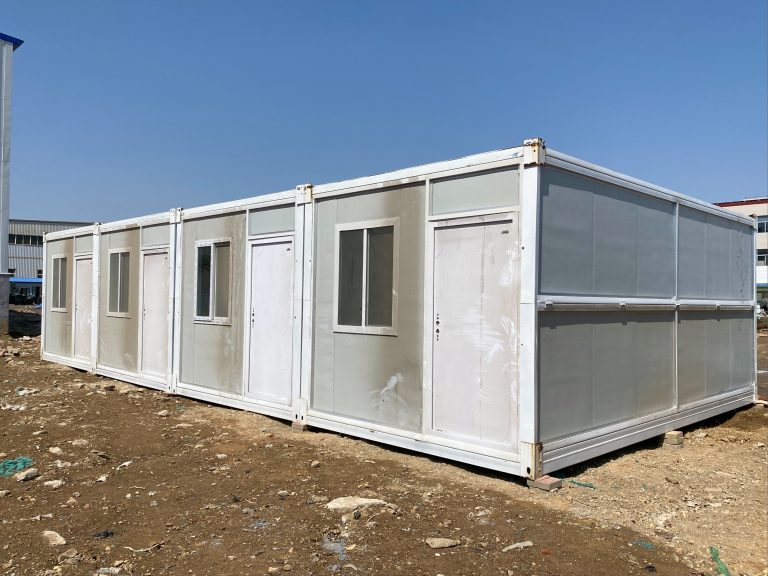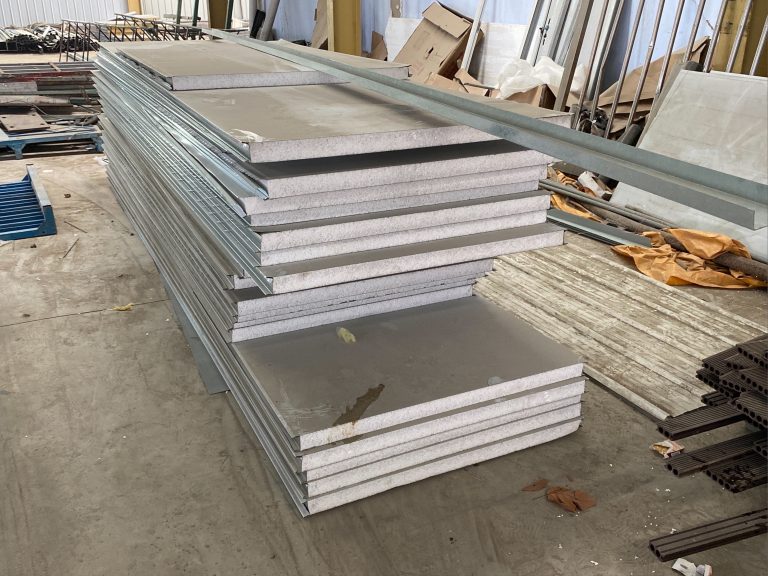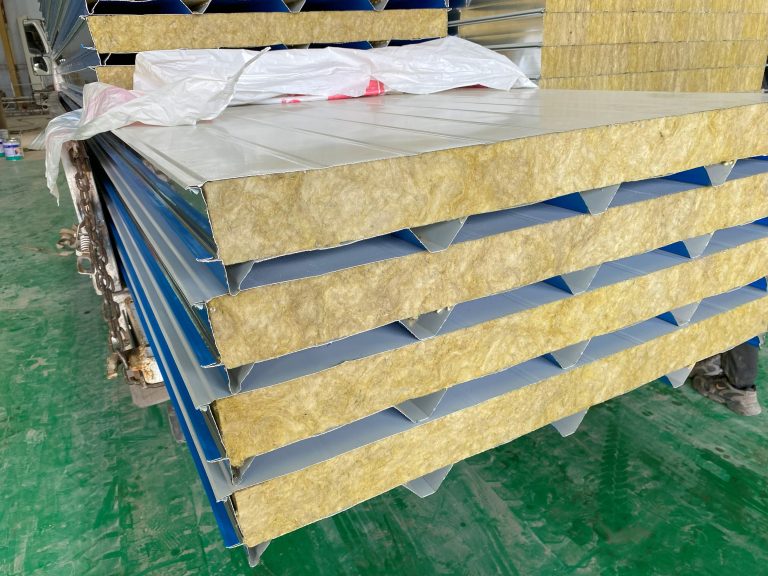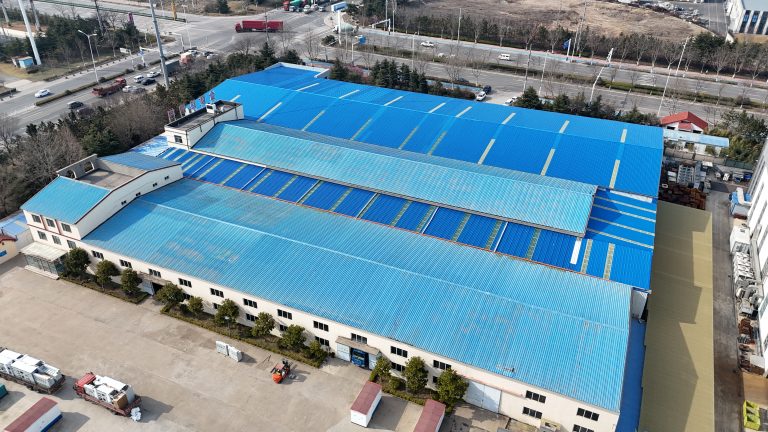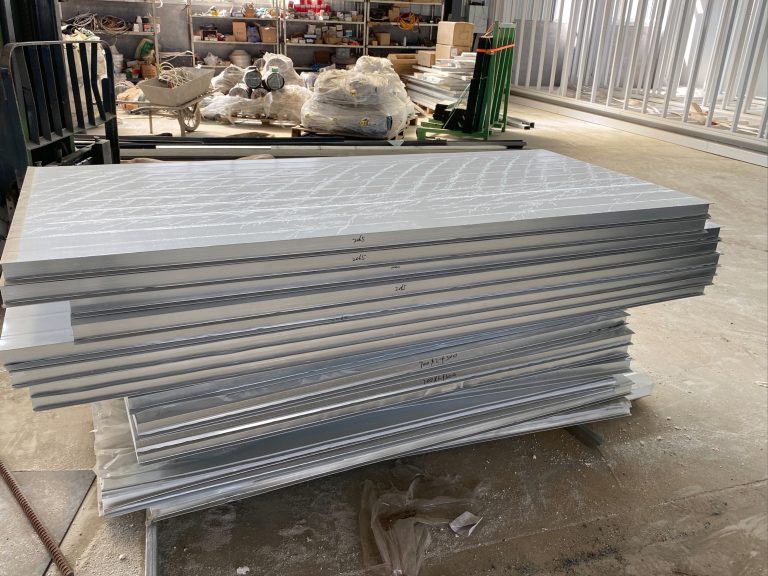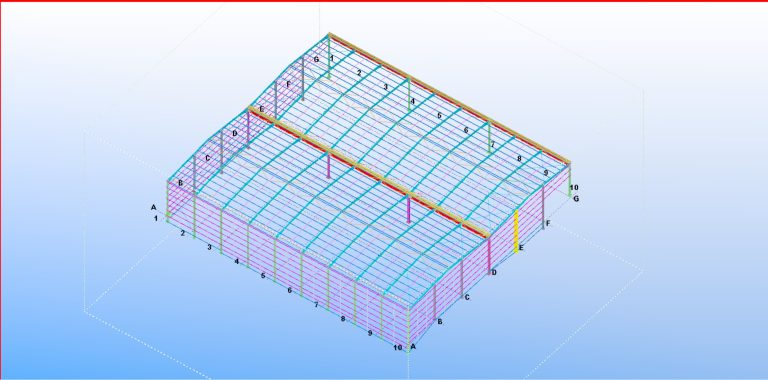Innovative practice of transforming container house into creative workshop
Table of Contents
Sustainable Design: Transforming Container Houses into Creative Workshops
Container houses have become a popular choice for sustainable living in recent years, offering a cost-effective and environmentally friendly alternative to traditional housing. However, these versatile structures are not limited to residential use alone. With a little creativity and innovation, container houses can be transformed into unique and functional spaces for a variety of purposes, including creative workshops.
One innovative practice that has gained traction in the design world is the transformation of container houses into creative workshops. These workshops provide artists, designers, and other creative professionals with a dedicated space to work on their projects, collaborate with others, and showcase their creations. By repurposing containers into workshops, designers are able to create sustainable and inspiring environments that foster creativity and innovation.
One of the key benefits of using container houses for creative workshops is their flexibility and adaptability. Containers can be easily modified and customized to suit the specific needs of the workshop, whether it be adding windows for natural light, installing shelving for storage, or creating a partition for privacy. This flexibility allows designers to create a space that is tailored to their unique requirements, ensuring that they have everything they need to work efficiently and effectively.
In addition to their flexibility, container houses are also a sustainable choice for creative workshops. By repurposing containers that would otherwise end up in landfills, designers are able to reduce their environmental impact and contribute to a more sustainable future. Container houses are also energy efficient, with many designs incorporating features such as solar panels, rainwater harvesting systems, and natural ventilation to minimize energy consumption and reduce operating costs.
Furthermore, container houses offer a cost-effective solution for creating creative workshops. Compared to traditional construction methods, repurposing containers is often more affordable and can be completed in a fraction of the time. This cost savings allows designers to invest more in their creative projects and equipment, rather than on expensive construction costs.
The design possibilities for container workshops are endless, with designers able to let their creativity run wild and create truly unique and inspiring spaces. From minimalist and industrial designs to cozy and eclectic interiors, container workshops can be customized to reflect the individual style and personality of the designer. By incorporating elements such as vibrant colors, innovative materials, and creative storage solutions, designers can create a space that not only inspires creativity but also enhances productivity.
In conclusion, the innovative practice of transforming container houses into creative workshops offers a sustainable, flexible, and cost-effective solution for artists, designers, and other creative professionals. By repurposing containers, designers are able to create inspiring environments that foster creativity and innovation, while also reducing their environmental impact. With their adaptability, sustainability, and design possibilities, container workshops are a truly innovative and exciting trend in the world of sustainable design.
Creative Uses of Space: Turning Container Homes into Functional Workspaces
Container homes have gained popularity in recent years as an affordable and sustainable housing option. However, these versatile structures can also be transformed into functional workspaces, such as creative workshops. By repurposing a container house into a workshop, individuals can create a unique and inspiring environment to pursue their creative endeavors.
One of the key benefits of using a container house as a workshop is its portability. These structures can be easily transported to different locations, allowing individuals to set up their workshop wherever inspiration strikes. This flexibility is especially beneficial for artists and craftsmen who may need to move their workspace frequently or work on location for projects.
In addition to portability, container houses offer a blank canvas for creativity. The industrial aesthetic of a container house can be a source of inspiration for artists looking to create a unique and unconventional workspace. With some creativity and ingenuity, a container house can be transformed into a vibrant and inspiring environment that fosters creativity and productivity.
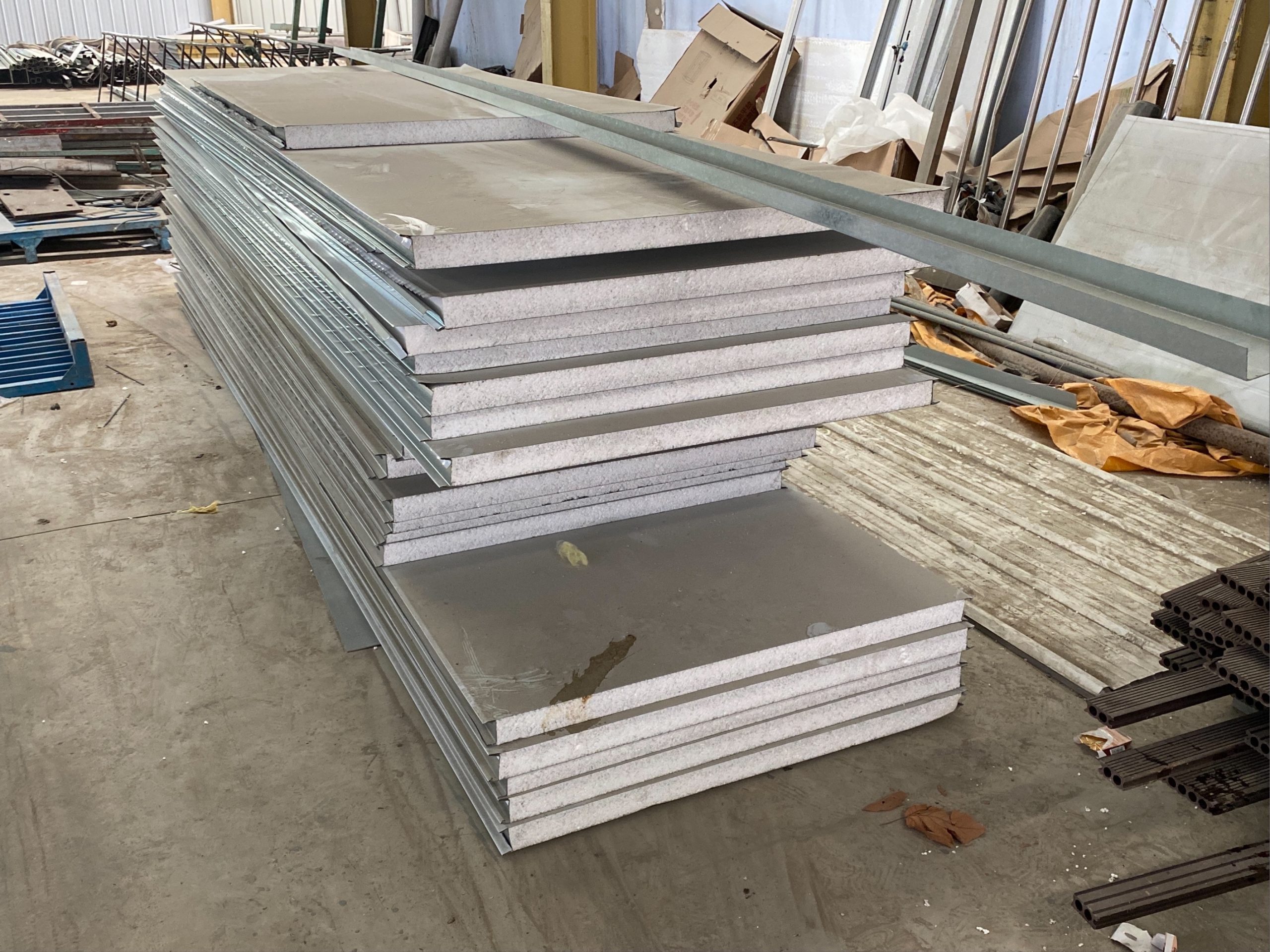
When transforming a container house into a workshop, it is important to consider the layout and design of the space. By strategically placing windows and doors, individuals can maximize natural light and ventilation, creating a bright and airy workspace. Additionally, incorporating storage solutions and work surfaces can help optimize the functionality of the space and create a productive work environment.
Another innovative practice for transforming a container house into a creative workshop is the use of sustainable materials and practices. By incorporating eco-friendly materials such as reclaimed wood, recycled glass, and energy-efficient lighting, individuals can reduce their environmental impact and create a more sustainable workspace. Additionally, implementing green building practices such as rainwater harvesting and solar panels can further enhance the sustainability of the workshop.
Incorporating technology into the design of a container house workshop can also enhance its functionality and efficiency. By installing smart home devices, individuals can control lighting, temperature, and security systems remotely, creating a more convenient and connected workspace. Additionally, integrating technology such as 3D printers, laser cutters, and CNC machines can expand the capabilities of the workshop and enable individuals to explore new creative possibilities.
Collaboration and community are also important aspects of a container house workshop. By creating a shared workspace where artists and craftsmen can collaborate and exchange ideas, individuals can foster a sense of community and support within the creative community. Hosting workshops, classes, and events in the space can further engage the community and inspire creativity among its members.
In conclusion, transforming a container house into a creative workshop is an innovative practice that offers numerous benefits for artists and craftsmen. From its portability and flexibility to its blank canvas for creativity, a container house provides a unique and inspiring environment for pursuing creative endeavors. By considering layout and design, incorporating sustainable materials and practices, integrating technology, and fostering collaboration and community, individuals can create a functional and inspiring workspace that enhances their creative process. Whether used as a personal studio or a shared workspace, a container house workshop offers endless possibilities for creativity and innovation.

